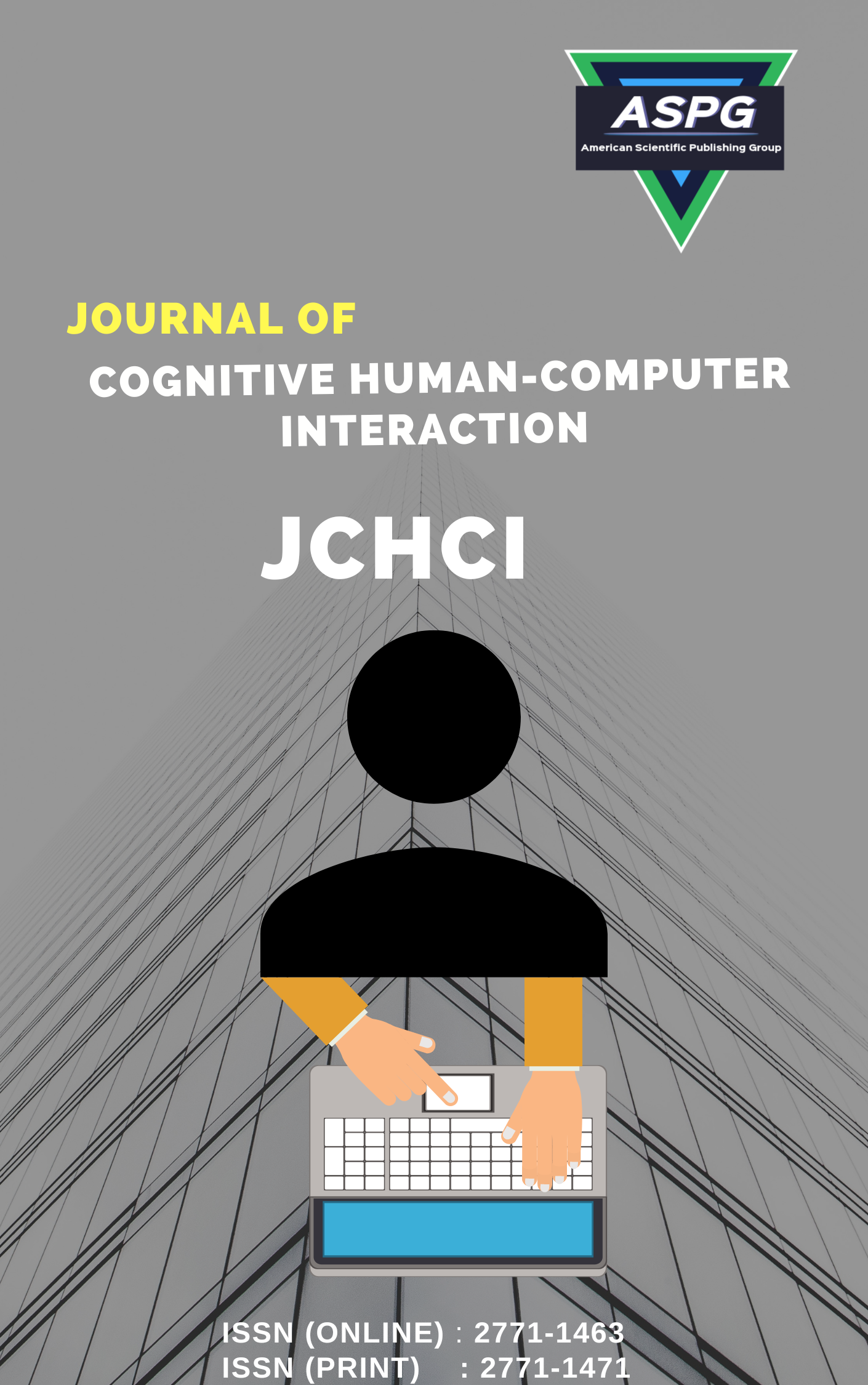

Volume 5 , Issue 1 , PP: 08-19, 2023 | Cite this article as | XML | Html | PDF | Full Length Article
Pream Anand S. 1 * , Manamalli D. 2 , Vasanthi D. 3 , Mythily M. 4 , Naveen N. E. 5
Doi: https://doi.org/10.54216/JCHCI.050101
The abstract of this work is to design an alternative control scheme – RTD-A, that combines the simplicity of PID controller with technical – brilliance of MPC controller by avoiding the tuning problems associated with both, for a highly used industrial process, Dual CSTR. Continuous stirred-tank reactor (CSTR), is a standard process used in chemical industries/engineering and environmental engineering. Cascading two CSTRs will lead to decrease in cost and volume when compared to single CSTR. In the proposed work, the temperature control of coupled CSTR is attempted by implementing PID, adaptive control, MPC, and the new generation RTD-A controllers. The performance of the proposed control schemes is compared and it is proved that the RTDA controller outperforms the other control schemes in terms of settling time and ISE.
DUAL CSTR , PID , MRAC , MPC , RTD-A
[1] Bequette, B. W. (2003). Process control: modeling, design, and simulation. Prentice Hall Professional.
[2] Eva Mathew, Tanmay Pawar, Jaganatha Pandian (2019), “Control of coupled CSTR process using MRAC-MIT rule” Innovations in Power and Advanced Computing Technologies (i-PACT) Vol.142, No.9, pp. 534 to 569.
[3] K.Prabhu, Dr.V.Murali Bhaskaran(2012), “Optimization of a Control Loop Using Adaptive Method”, International Journal of Engineering and Innovative Technology (IJEIT) Vol.1, No.5, pp. 42 to 46.
[4] Priyank Jain and Dr. M.J. Nigam (2013), “Design of a Model Reference Adaptive Controller Using Modified MIT Rule for a Second Order System”, Advance in Electronic and Electric Engineering, Vol.3, No.4, pp. 214 to 224.
[5] Pankaj Swarnkar, Shailendra Jain and R.K.Nema(2010) “Effect of Adaptation Gain on System Performance for Model Reference Adaptive Control Scheme using MIT Rule”, World Academy of Science, Engineering and Technology, Vol.10, No.6, pp. 362 to 373.
[6] Neha Khanduja (2014), “CSTR Control by Using Model Reference Adaptive Control and PSO”, World Academy of Science, Engineering and Technology International Journal of Mechanical and Mechatronics Engineering Vol.8, No.12, pp. 144 to 157.
[7] Moradi, M. H. (2003, June). New techniques for PID controller design. In Proceedings of 2003 IEEE Conference on Control Applications, 2003. CCA 2003. (Vol. 2, pp. 903-908). IEEE.
[8] Ratnakumari, U. V., & Triven, M. B. (2016, October). Implementation of adaptive model predictive controller and model predictive control for temperature regulation and concentration tracking of CSTR. In 2016 International Conference on Communication and Electronics Systems (ICCES) (pp. 1-6). IEEE.
[9] Mukati, K., & Ogunnaike, B. (2004, June). Stability analysis and tuning strategies for a novel next generation regulatory controller. In Proceedings of the 2004 American Control Conference (Vol. 5, pp. 4034-4039). IEEE.
[10] Babatunde A. Ogunnaike, Kapil Mukati(2004),” An alternative structure for next generation regulatory controllers Part I: Basic theory for design, development and implementation”, Journal of Process Control Vol.16, pp.499 to 509.
[11] Mukati, K., Rasch, M., & Ogunnaike, B. A. (2009). An alternative structure for next generation regulatory controllers. Part II: Stability analysis, tuning rules and experimental validation. Journal of process control, 19(2), 272-287.
[12] Febina, C., & Vijula, D. A. (2021). Improvement in Performance Attributes of Multivariable System Using RTDA Controller. In Advances in Smart System Technologies (pp. 623-637). Springer, Singapore.
[13] Srinivasan, K., Singh, J., Anbarasan, K., Paik, R., Medhi, R., & Choudhury, K. D. (2012). MPC and RTDA controller for fopdt & sopdt process. Journal of Information Systems and Communication, 3(1), 109.
[14] Kumar, N., & Khanduja, N. (2012, December). Mathematical modelling and simulation of CSTR using MIT rule. In 2012 IEEE 5th India International Conference on Power Electronics (IICPE) (pp. 1-5). IEEE.
[15] Ratnakumari, U. V., & Triven, M. B. (2016, October). Implementation of adaptive model predictive controller and model predictive control for temperature regulation and concentration tracking of CSTR. In 2016 International Conference on Communication and Electronics Systems (ICCES) (pp. 1-6). IEEE.
[16] Adrian, C., Corneliu, A., & Mircea, B. (2008, May). The simulation of the adaptive systems using the MIT rule. In International Conference on Mathematical Methods and Computational Techniques in Electrical Engineering (pp. 301-305).
[17] Sundari, S., & Nachiappan, A. (2017, June). Decoupling based control analysis of a continuous stirred tank reactor (CSTR). In 2017 International Conference on Innovative Research in Electrical Sciences (IICIRES) (pp. 1-5). IEEE.
[18] Karl J. Astrom and Bjorn Witten mark, Adaptive control, second edition, Pearson Education, 200 I M. Young, The Technical Writer’s Handbook. Mill Valley, CA: University Science, 1989.
[19] SJegan,K.Prabhu, "Temperature control of CSTR process using adaptive control", International Conference on Computing and Control Engineering(TCCCE),2012
[20] P. Swarnkar, S. K. Jain and R. K. Nema (2011), “Comparative Analysis of MIT Rule and Lyapunov Rule in Model Reference Adaptive Control Scheme”, Innovative Systems Design and Engineering, pp 154-162. M. Young, The Technical Writer’s Handbook. Mill Valley, CA: University Science, 1989.
[21] Sendjaja, A. Y., Ng, Z. F., How, S. S., & Kariwala, V. (2011). Analysis and tuning of RTD-A controllers. Industrial & engineering chemistry research, 50(6), 3415-3425.
[22] Ogunnaike, B. Ray, W. Process dynamics, modeling, and control; Oxford University Press: New York, 1994
[23] O. Lequin, M. Gevers, M. Mossberg, E. Bosmans, L. Triest, Iterative feedback tuning of PID parameters: comparison with classical tuning rules, Control Eng. Pract. 11 (2003) 1023–1033.
[24] M.Illayaraja, “ Particle Swarm Optimization based Multihop Routing Techniques in Mobile ADHOC Networks” International Journal of Wireless and Ad Hoc Communication” Volume 1, Issue 1, pp 47-56, 2020.
[25] M. Katebi, M. Moradi, Predictive PID controllers, IEE Proc.— Control Theory Appl. 148 (6) (2001)
[26] . K. A strom, T. Hagglund, The future of PID control, Control Eng. Pract. (2001) 1163–1175.